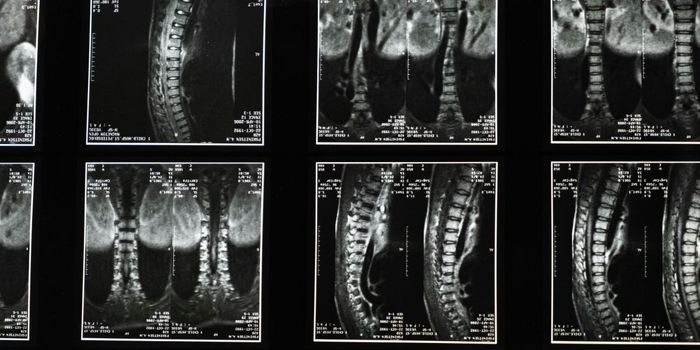Can the Protein Dysferlin Protect Your Heart from Reperfusion Injury
Have you ever experienced the head rush you get from standing up to fast? Well, oddly enough, something similar happens to your heart after a heart attack. The sudden surge of blood into your heart after it starts back up can actually cause more harm than good.
The sudden onrush of blood takes the heart tissue from a nutrient-starved state into a nutrient-rich state, causing tissue damage. This damage is called ischemia-reperfusion, and it is one of the most dangerous things that can happen to your heart. The sarcolemmal phospholipid bilayer membrane is a web that connects and protects heart cells and is one of the parts of the heart that gets damaged. In a new study, a team from the School of Medicine at Washington University in Missouri sought to investigate a new player involved in repairing this protective membrane.
The study focused on the protein dysferlin. The team had previously discovered dysferlin in a separate study on inflammation after ischemia-reperfusion, where it seemed to play a role in sarcolemmal phospholipid bilayer membrane repair. In that study, its upregulation had inferred a certain level of protection to the damage typically seen in ischemia-reperfusion. In this study, the team sought to investigate dysferlin further and try and find out how it managed to protect the heart.
They had first discovered dysferlin in cell assays in the lab, so this time they moved into mouse models to get an idea of dysferlin’s physiological effect. They generated a dysferlin deficient mouse line (the mice had no dysferlin gene) and stimulated ischemia-reperfusion in them and normal mice. In the deficient mice, there was an increase in the amount of heart damage versus the normal mice, inferring that dysferlin has a protective effect.
Other studies had linked dysferlin deficiency to an increase in inflammation, one of the players in ischemia-reperfusion damage. Knowing this, the team took the dysferlin deficient mice and knocked out a critical receptor, which would prevent inflammation. When these mice were given synthetic ischemia-reperfusion, the heart damage was comparable to the normal group. This finding inferred that dysferlin conducted some anti-inflammatory activity which protected the heart.
This study supports the conclusion that dysferlin has some anti-inflammatory effect, but fails to prove precisely how. The team suggests this activity could be due to dysferlin repairing the sarcolemmal phospholipid bilayer around the heart cells - given its role in that exact thing - but could not prove this hypothesis in this study.
The study concludes, “This study reveals a previously unappreciated role for the importance of membrane sealing and the resolution of inflammation following myocardial injury.”
Sources: Nature Scientific Reports, Unsplash, Cardio Debate









